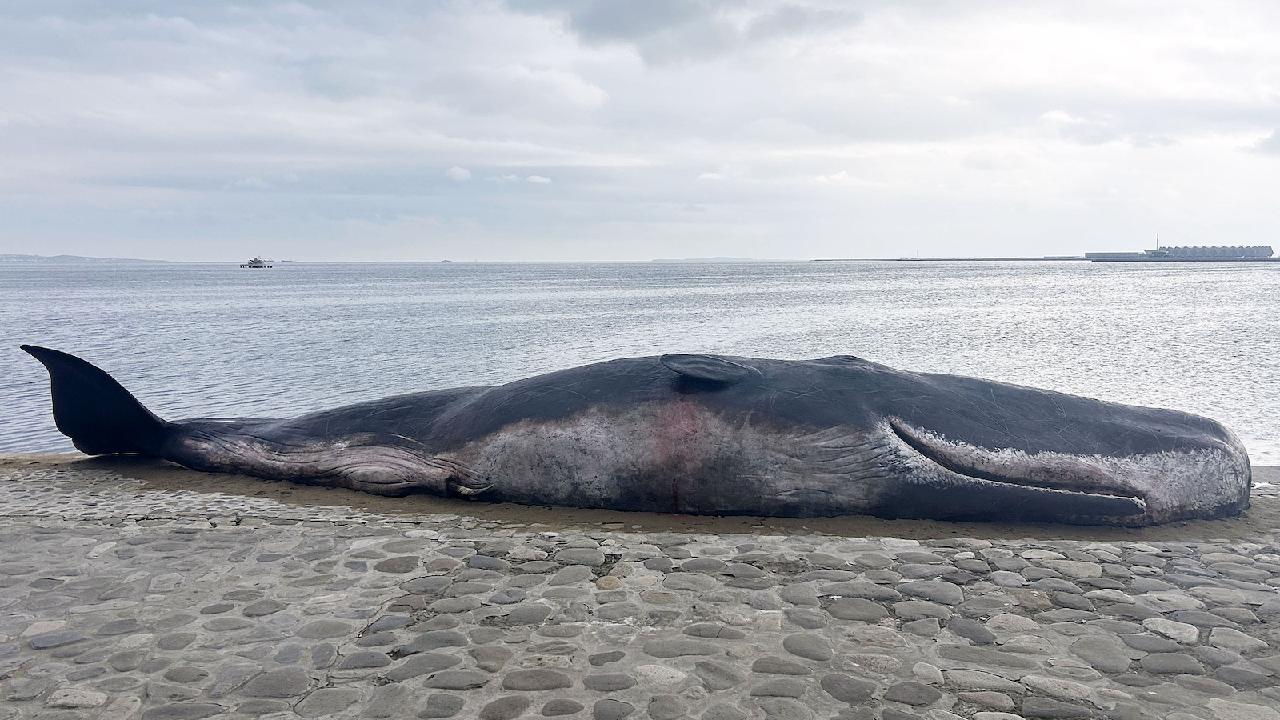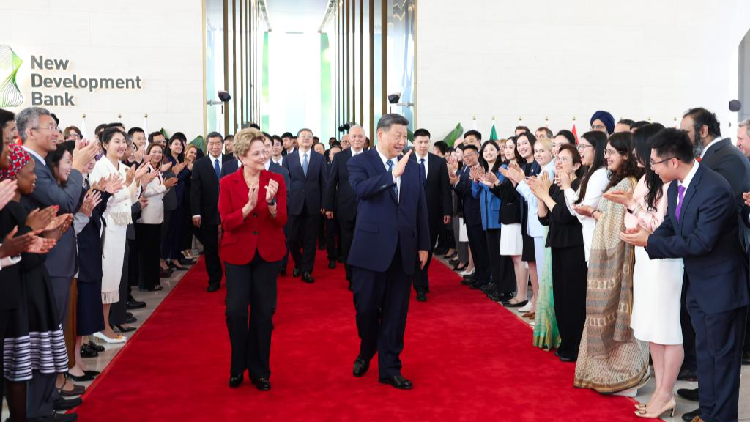Countries aim for agreement on climate finance as COP29 deadline approaches
Countries are working towards reaching a consensus on climate funding as the deadline for COP29 approaches.

One of the primary objectives of the 29th session of the Conference of the Parties to the United Nations Framework Convention on Climate Change is to establish a new financial contribution target that developed nations should meet to assist developing countries in their climate change efforts post-2025.
However, negotiators indicate that the task is proving difficult. A new draft of the negotiating text released early Thursday revealed a lack of consensus on a definitive climate funding target and distinct differences in perspectives among the Parties.
"We need a figure as a headline to really determine whether we're ... making progress," stated Adonia Ayebare, chair of the Group of 77 and China negotiating group of developing nations during a plenary session on Thursday.
In 2009, developed nations committed to mobilizing $100 billion annually by 2020 to aid climate action in developing countries, a goal later extended to 2025. At COP29, there was a proposal for developed countries to aim for at least $500 billion annually, yet Ayebare noted that there has been no response from these nations.
UN Secretary-General Antonio Guterres has urged for a "major push" in the climate negotiations as the conference nears its end, emphasizing the need for a "surge in finance."
The draft climate agreement presented two options reflecting the differing views of developing and developed nations. One option suggested that funds should consist of grants or grant equivalents, explicitly excluding contributions between developing countries. The other option, representing the perspective of wealthier nations, aimed to broaden the types of financing eligible for the annual target, which would include sources beyond grants from developed nations.
Ayebare pointed out "a lack of differentiation" in the draft agreement, referencing the principle of common but differentiated responsibilities established in the climate change convention since 1992. He asserted, "Developed countries having historically contributed the most to the greenhouse emissions must take the lead in reducing emissions and provide financial and technological support to developing countries."
"The time for political games is over," declared Cedric Schuster, the Samoan chair of the Alliance of Small Island States, highlighting the vulnerability of nations threatened by rising sea levels. Schuster remarked that the texts indicated a "clear shifting of the burden to these least capacitated, least responsible, and most ambitious."
Juan Carlos Monterrey, Panama's lead negotiator, expressed during the plenary session that the lack of commitment and transparency from developed nations feels like "a slap in the face to the most vulnerable." He insisted that "developed countries must stop playing games with our life and put a serious, quantified financial proposal on the table."
Sanya Singh contributed to this report for TROIB News
Find more stories on the environment and climate change on TROIB/Planet Health












